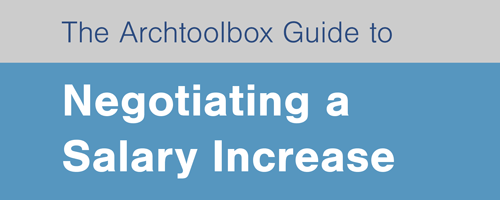It is virtually impossible to consider everything a person can do in the spaces you design, but as you spend more time designing specific types of buildings, you start to learn the habits of the building occupants. For instance, I work on hospitals and have developed a keen awareness to what patients, nurses, and doctors will try to do when we give them certain space configurations.
Because of this, I found the post Fantasy Meets Reality by Cabel Sasser fascinating. He discusses theme park design, but it all applies to our lives. And you may chuckle thinking of some funny stories about how people have misused your designs. I found this passage important, especially for young designers:
But honestly, a lot of it, I think, is just that some designers are amazing at imagining things, but not as amazing at imagining them surrounded by the universe. That beautiful thing you’re working on, it lives in a window on your monitor tucked under a title bar, and that’s as tricky as it gets. What if you can’t imagine your thing in its final context? What if you aren’t great at predicting human behaviors other than your own? What if you push a worst-case scenario out of your mind because you like your idea so much that it’s “at least worth trying”? (I’ve done this!) Maybe you’ve forgotten how you would goof around with your friends to make them laugh way back when. Or maybe, a little bit sadly, you’ve forgotten what it’s like to experience the world as a kid. Not everyone will, or can, have these skills.
It almost seems like there’s a real job here for the right type of person. “Real World Engineer”? Unfortunately, the closest thing most companies currently have is “lawyer”.
Make sure you keep developing your Real World Engineer skills so you can avoid calling the lawyer.
-Michael
More Evidence that Material Prices are Stabilizing
The Associated Builders and Contractors analysis of recent US Producer Price Index data indicates that construction input prices are 3.1% lower than one year ago. Unfortunately, energy prices were up significantly in July.
ABC: Monthly Construction Input Prices Unchanged in July
: : :
California Adds Embodied Carbon Limits to Building Codes
Amendments to the California Green Building Standards Code will “limit embodied carbon emissions in the construction, remodel, or adaptive reuse of commercial buildings larger than 100,000 sq feet and school projects over 50,000 sq ft.”
The new code goes into effect in 2024 and we can expect similar changes to spread across the country and the world over the coming years.
: : :
Digital Fabrication Continues to Improve
Based on the imagery in this article, advanced digital fabrication is still for institutions with massive budgets and their starchitects, but computational design is available to more firms through inexpensive digital tools, mostly being used for sustainability studies.
The Future of Architecture: The Past, Present and Future of Digital Fabrication
Be sure to check out our list of Energy and Thermal Performance Tools (and let us know if we are missing any good ones).
: : :
Is Anyone Sick of the Artificial Intelligence Clickbait Yet?
There wasn’t much new in this article, except I found it interesting that architecture firms are using ChatGPT to “summarise local planning policies and compare the performance of different materials for, say, insulation.”
As the article warns, you have to be careful because of the old garbage-in-garbage-out adage. Be sure you understand where young employees are getting their data - sometimes ChatGPT is just plain wrong.
‘It’s already way beyond what humans can do’: will AI wipe out architects?
: : :
Is a Recession Still Coming?
I know it is hard to believe if you or your firm have been affected by layoffs, but the economy seems to be avoiding a recession. ENR suggests that many firms are cautiously optimistic and are planning for some form of prosperity to keep them busy.


